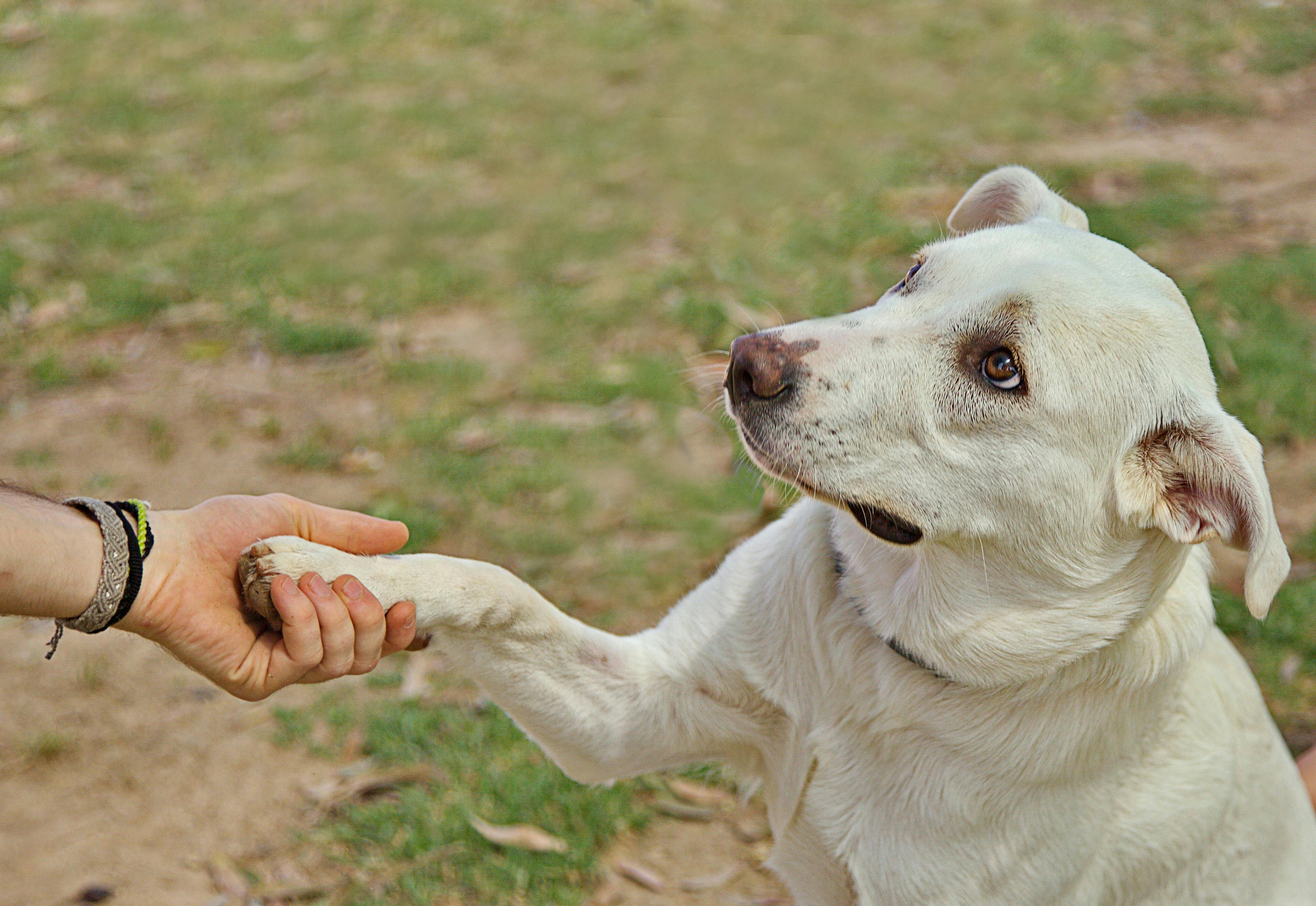Tips to curb ferret aggression: what to do when your furry pet is too much "Energetic"
Ferrets are “fighting” creatures, no doubt. For the most part, that “fighting” is what makes them such fun pets. But sometimes it can get a little out of control. Fortunately, there are several ways to curb ferret aggression.
First of all, if you are adopting or buying a ferret, keep in mind that ferrets have personalities just like anyone else. So be sure to consider whether you prefer an active or calmer animal and choose accordingly.
If you already have a ferret and it is more aggressive than you would like, the most important first step is determining what it is that gets your fighting ferret started. They become aggressive for many of the same reasons that people do: fear, frustration, hunger. Find out the cause and you are halfway to solving the problem.
For example, keep the food and water bowl full to make sure Your fight isn’t just hungry or thirsty. Keep your cats and dogs out of the ferret room if your stuffed animals are not yet used to other pets.
Your ferret may not have been trained to avoid biting and nipping. All you have to do is grab him firmly by the back of his neck and blurt out “No!” After a time or two, your fuzzy should pick up the hint. You can also shake it quickly, but only for a second. Never hit or hit a ferret or any other creature.
If your ferret is still a kit and is playing too aggressively, you can use the same “time out” technique that parents have used with their children for years. Place your kit alone in a pet carrier for a few minutes to give it a chance to calm down. You can take it out again after a few minutes; you just want to redirect the behavior, not put your ferret to sleep. (If you don’t have a pet carrier, you may want to place your ferret in a different part of the cage or introduce a different activity.)
Remember the old saying that idle hands are the devil’s workshop? It may be that your ferret is simply bored or lonely. In that case, the best defense against aggression is you. Take your furry out of the cage and play or snuggle with him, depending on the situation. Sometimes you can soften a ferret by stroking its fur. At other times, remember that if you can’t beat them, you must join them. “Fight your ferret a bit, but stop if it starts to bite.
Perhaps you can provide a toy specifically for your ferret to chew on when the “fighting” mood hits him. Better to have a pet toy gnawed to death than your couch or clothes. You can use pet toys, old clothes. or whatever you and your pet prefer. But be sure not to use items that could break off and suffocate your ferret or get caught in its claws (e.g. foam, cardboard, and wood chips)
Another way to distract your fighting ferret is to take him for a walk. On the other hand, you may want to let your aggressive furry run like crazy around the house. A change of scenery is good for everyone. Whether outdoors on a leash or indoors freely, a good runner relieves stress and redirects a ferret’s attention from whatever is bothering him.
We all have our moods, and it’s quite possible that instead of being alone, your ferret has the opposite problem. Your carpet shark may be going through a Greta Garbo moment and “wants to be alone.” If that’s the case, leave her alone. It will come out of hiding when it is fine and ready.
In extreme cases, ferret aggression could be a sign of abuse. If your ferret was adopted, check with the adoption agency to find out your ferret’s history, if possible. You may need to check with your vet to make sure there are no signs of injury or neglect. The vet may also discover an underlying disease that may have been troubling your pet.
If you have a jill who has not been neutered, consider whether she could be pregnant. The maternal instinct is strong and she could simply be trying to protect herself and her cubs.
If you’ve tried or ruled out each of these measures, you may need to learn more about ferret training at The Ferret Zone. Or you may just have to shrug your shoulders and learn to live with the “struggle.” All animals have their peculiar features, and your furry is no different. Domestic ferrets love to dig, pinch, bite, steal and hide things and mark their territories. These may not be the preferred behaviors, but often owners can do little to change them. In those cases, it’s a matter of smiling and putting up with it, and loving your ferrets for who they are.


